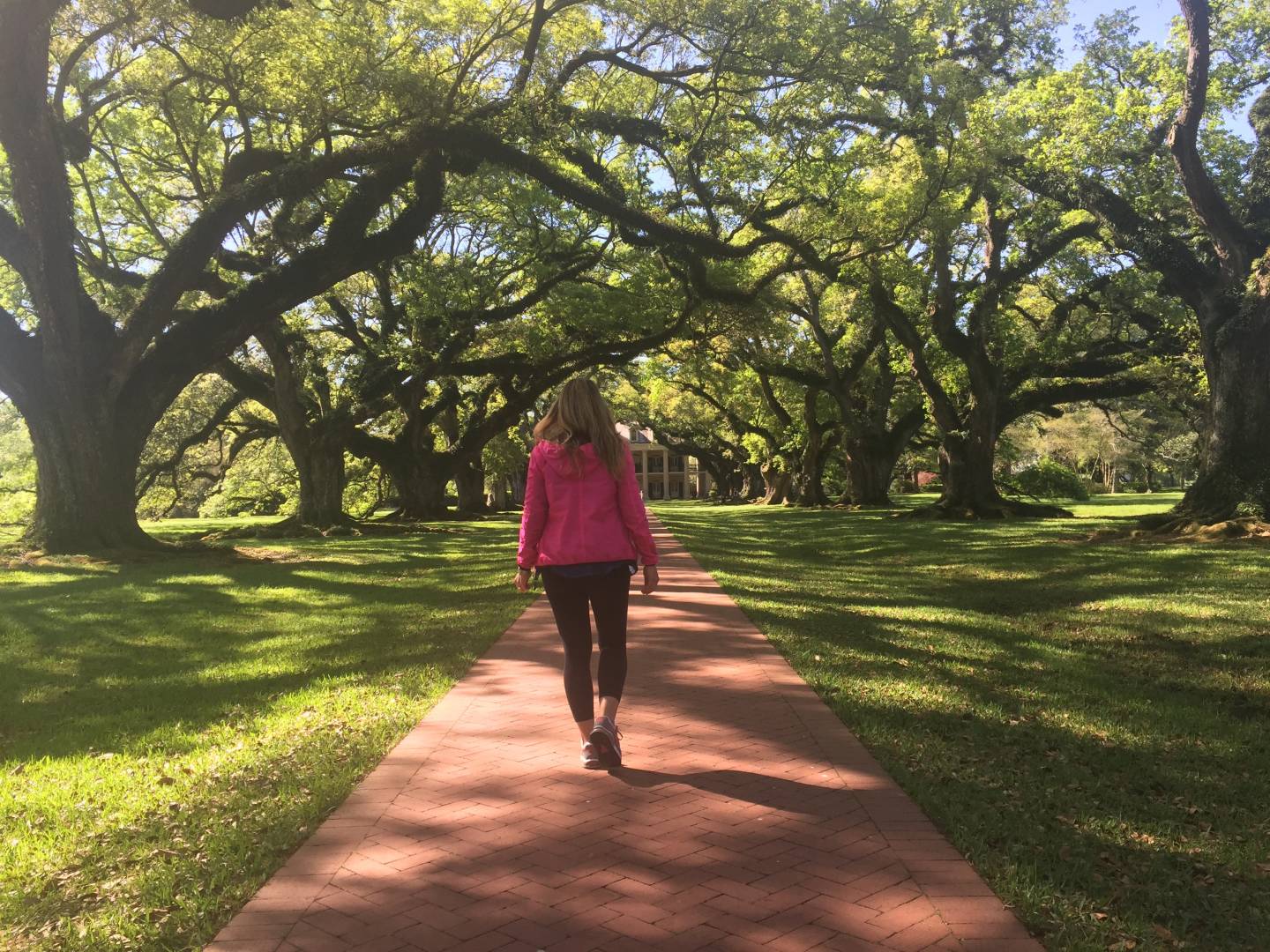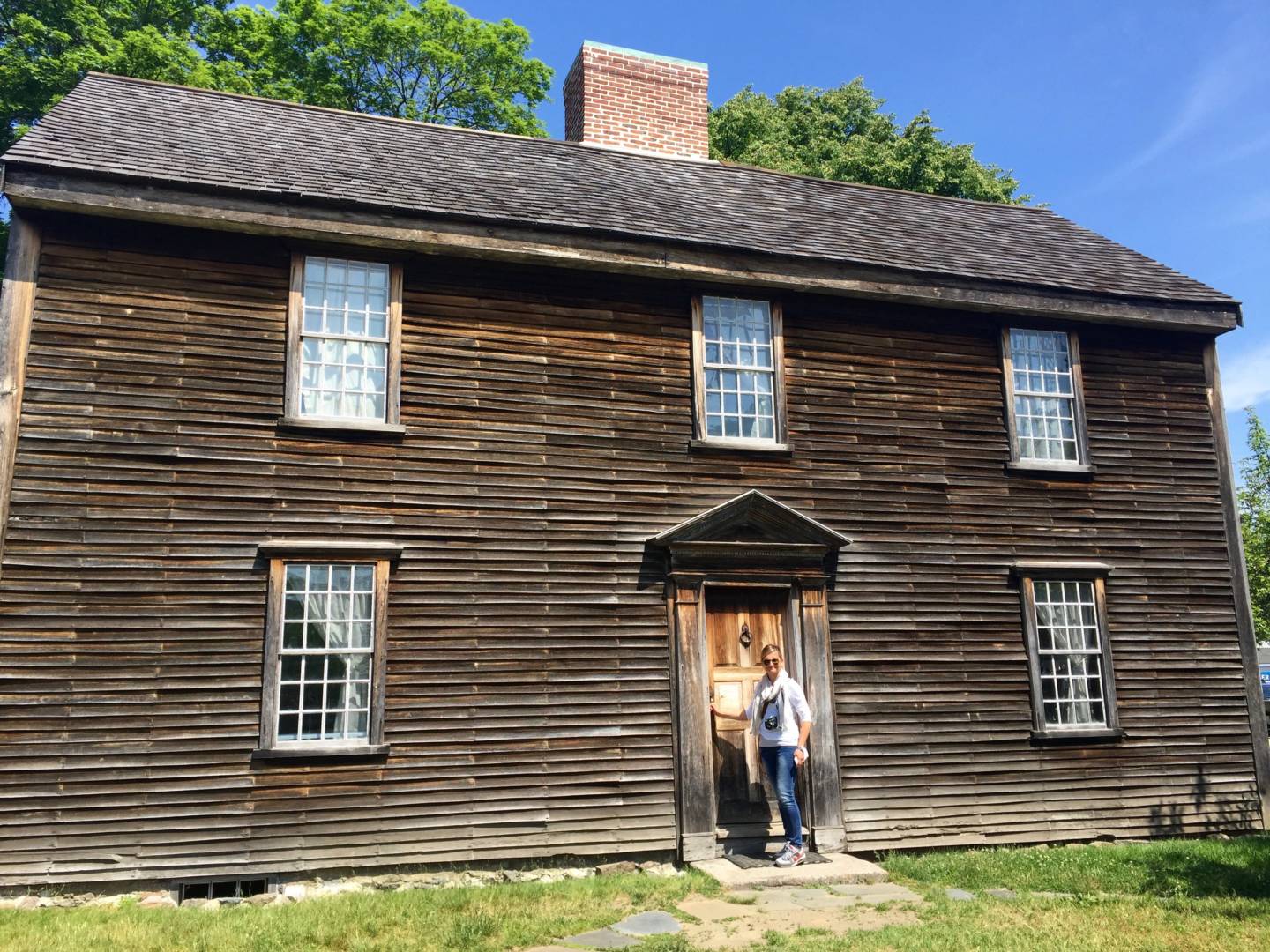


In Italian
“I want to be considered like as a jazz poet blowing a long blues in an afternoon jam session on Sunday”
(Jack Kerouac)
Discover Lowell, a suggestive little city of the Greater Merrimack Valley, ancient and green area east-north to Boston, means to set out on an exciting journey into the American history and literature.
A sort of path of memory into the places where one of the greatest writers of the United States was born, grew up and developed: Jack Kerouac, the “jazz” poet who refused the social conventions, censorship and the American moral of that age.
He searched for freedom (material and spiritual) in every aspect of his own life at the cost of extreme and deteriorating experiences from the physical point of view, too (like drugs or alcohol). A “different”, difficult, perhaps unique man, a free and restless spirit, who besides created one of the most unusual literary movements (which was born ideally right in Lowell) of the 1900s: the Beat Generation.
It was as a catholic that I went one afternoon to the Church of my childhood (…) in Lowell, Mass.
and suddenly with tears in my eyes, I heard the holy silence in the church.
I had a vision of what I must have really meant with “Beat”, the vision of the word “Beat” as being to
mean beatific..
(Jack Kerouac, reflections about the “Beat Generation”)
It’s impossible not to think about its most famous novel, “On the Road” (did you know Kerouac wrote the entire novel on a roll of paper?).
It was a book which affected generations of American young people (and not only) and which revived the myth of the on the road journey to the farthest and most unknown America. A myth that still today feeds travellers’ dreams and itineraries from all over the world.
It’s incredible to think that all has started from Lowell, from this ancient city of Massachusetts, which was born as the first American industrial pole in the middle of the 1800s (today National Historical Park).
It is an undisputed innovation and progress symbol – specifically in the textile manufacture – in an America still bound exclusively to farm and manual production systems.
A revolution in all respects – which is went down in history as the American Industrial Revolution – favoring the arrival to the city not only of labor (above all female labor) from the neighbored country but also of really many immigrants families from Canada and Europe searching for work and a better future.
Kerouac’s history and whole literary work – you think that 6 of his 24 books are set in Lowell – start exactly from here.
From a little wood house in Lupine Road, occupied by a French-Canadian immigrants family.
Lowell, over time, it’s not changed much.
Many of the places described by Kerouac – specially those ones told in “Doctor Sax”, a sort of autobiography related to his teenager experiences, and in “The Town and the City”, set between Lowell and New York – and many of the places related to his real life are still today easily recognizable and available for visits, above all thanks to the commitment of the Lowell Celebrates Kerouac.
It’s a no-profit association dealing with keeping the author’s literary memory and making its understanding easier to the new generations through even two annual festivals (one in October and a shorter one in March, on the occasion of his birthday), literary competitions and theme itineraries for students and lovers.
It’s difficult, almost impossible, discover Lowell without going over the main stages related to one of the most restless and charming American writers of the 1900s.
If you already love him, you can know something more about his personal story and about the strong imprint it had on many of his works. If you knew him only thanks to the strong, magnetic and captivating “On the Road” words…well, it will open a world.
The tour starts from the Centralville quarter at 9, Lupine Road, a modest wood house where on March 12th 1922 Jean Louis Lebris – then simply Jack – Kerouac was born.
The house is not available for visits inside because it’s inhabited, but in the veranda you can see the plate commemorating the author’s birth. The whole neighbored quarter, almost not changed over time, offers a realistic cross-section of what must have been the daily life of the little Jack.
The following stages are near the Pawtucketville area, on the Merrimack River banks: they are some of the places quoted repeatedly by Kerouac in his books (particularly in Doctor Sax) interlacing to the places which marked important moments of his own writer’s turning point.
The other night I had a dream that I was sitting on the sidewalk on Moody Street, Pawtucketvill,
Lowell, Massachusetts, with a pencil and a paper in my hand saying to myself
“Describe the wrinkly tar of this sidewalk also the iron pickets of the Textile Institute and don’t stop to
think of words when you do stop, just stop to think of the picture better – and let your mind off yourself
in this work”.
(Jack Kerouac, Doctor Sax, opening words)
Behind the old Franco American School, there’s the stunning niches and statues Way of the Cross the little Jack used to go along in the evening, above all after his brother’s untimely death, together with his mother, a really devoted catholic woman. It was an habit that over time made his intense relationship with religion more complex (if possible).
Not far from here there’s the old St Jean Baptiste Church, where his funeral took place on October 24th 1969.
Then coming back towards Mammoth Road, there are the Pawtucket Falls, the amazing falls activating the industrial mills of factories, which were in many stories – almost an obsession for Kerouac – together with bridges, channels and the working girls of the 1930s and 1940s Lowell.
Going towards the downtown you can stop at the Jack Kerouac Commemorative Park, a sort of round memorial inside a little garden along the Eastern Canal where there are granite stems quoting the opening words of the novels set in Lowell, a place extremely suggestive where maybe to stop for a bit.
The area of the industrial buildings, the cotton mills and the textile sheds, today National Park, is full of references to Kerouac: the channels, the factories, the pubs where he used to get drunk and stay up late, and the Patrick Mogan Cultural Center where inside are kept in a reliquary his typewriter and his rucksack together with other relics.
The last leg, perhaps the most exciting, is his grave at Edson Cemetery (at the entrance you can ask for information to reach the tomb).
It’s an extremely simple grave, a slab in the land with the birth and death’s dates: to them were successively added those ones of his wife Stella.
Near there, to honoring the man (and his weaknesses) and the artist, there are two half full bottles of whiskey, a couple of pens, a few little notes refolded fastened by stones, some flowers and the omnipresent stars and stripes, a little American flag.
Almost disturb the size of the great commemorative tombstone behind added recently (I believe Jack himself who, was shy and reserved, wouldn’t appreciate it): there’s engraved his name and an “On the Road” quote…The road is life.
Live, travel, adventure, bless and don’t sorry.
(Jack Kerouac)
3 Comments
Hey!
Absolutely loved your article. This is an awesome guide for anyone looking to explore MA. The picture for Pawtucket Falls looks breathtaking. Definitely want to plan a trip and explore all the great things this state has to offer.
Hey Simona, great article. I went to college at UMass Lowell and didn’t even know anything about Jack Kerouac. I’ll definitely check out some of these spots next time I’m up there. I currently live in Connecticut, so thankfully I’m not that far away!
So happy to hear this from you!